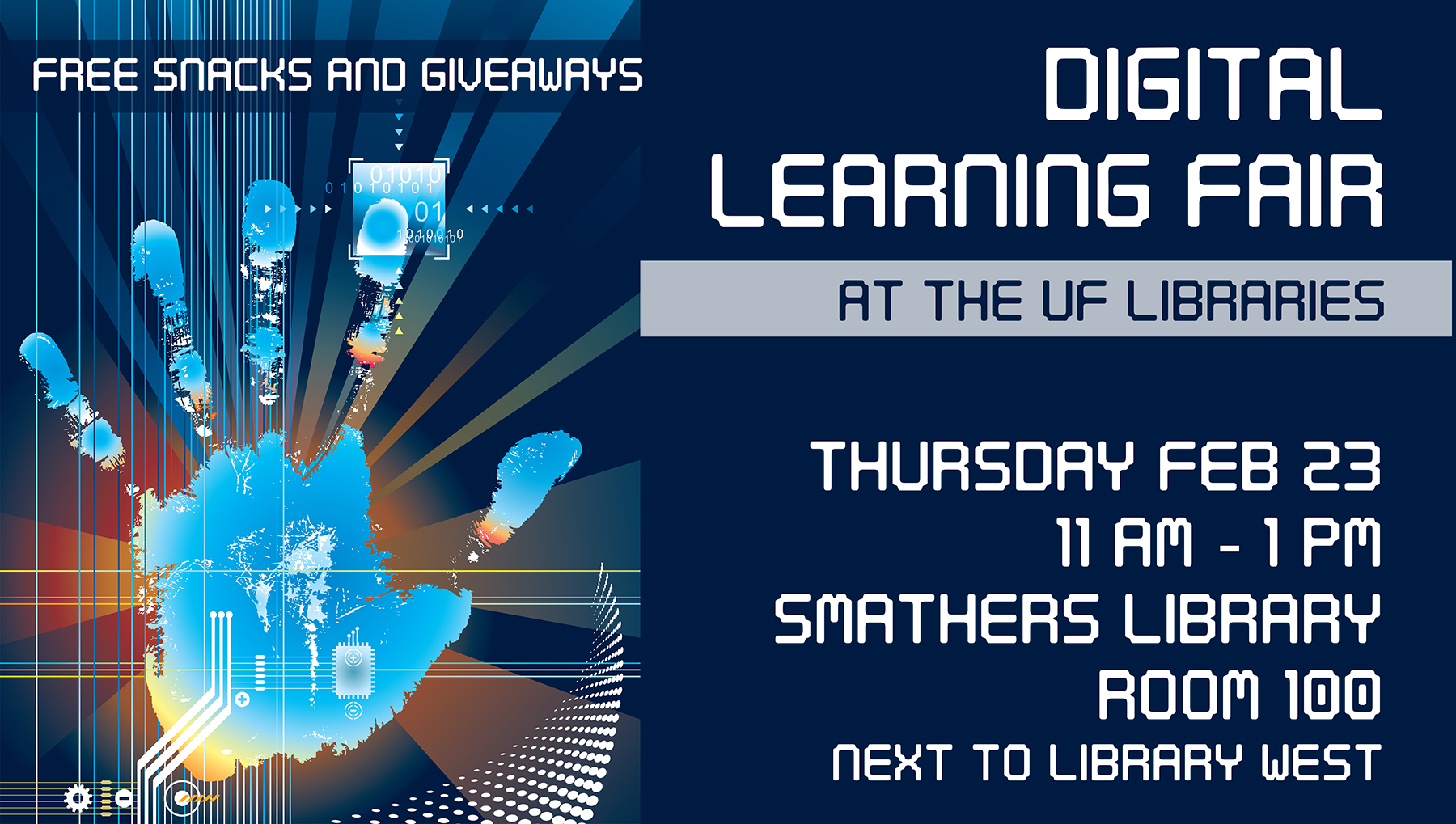
Caribbean Scholarship in the Digital Age is a webinar series showcasing digital and/as public research and teaching in Caribbean Studies. The series provides a collaborative space for professionals to share on projects and experiences to foster communication and support our shared constellations of communities of practice.
Please join us for an upcoming event, “Beyond Trinkets: The Value of 3D in the Library,” May 10, 2017, at 9:30am (Miami Time).
Presenter: Dr. Sara Gonzalez, Marston Science Library, University of Florida
Click here to participate in the online event: http://ufsmathers.adobeconnect.com/Caribbean
About the Presentation:
“Beyond Trinkets: The Value of 3D in the Library”
In spring 2014, the UF Libraries opened its 3D services to the university and public. This service, funded by student technology fees, expanded from 2 small 3D printers in the science library to now include 4 branch libraries with 10 3D printers, and circulates multiple portable 3D printers and scanners. The library accepted over 1000 3D orders last year and librarians regularly teach workshops to the campus community and public, along with offering specialized consultations regarding 3D scanning and printing.
This presentation will provide an introduction to 3D printing and scanning technology, describe the opportunities and challenges of offering 3D technology in a library, and provide case studies that illustrate the potential of 3D across disciplines.
About the Speaker:
Sara Gonzalez is a science librarian at the University of Florida where she is the physical sciences and mathematics liaison and coordinates UF Libraries’ 3D Service and the MADE@UF software and virtual reality development lab. She holds a Ph.D. in Geophysics from the University of California, Santa Cruz, and an M.L.I.S. from Florida State University. Her current research interests include emerging technologies in libraries, modeling and visualization of data, and scientific literacy instruction. Dr. Gonzalez recently co-authored 3D Printing: A Practical Guide for Librarians (Rowman & Littlefield, 2016).
About the Caribbean Scholarship in the Digital Age Webinar Series:
The Digital Library of the Caribbean (dLOC), in partnership with the Association of Caribbean University, Research and Institutional Libraries (ACURIL), the Graduate School of Information Sciences and Technologies of the University of Puerto Rico, the Latin American and Caribbean Cultural Heritage Archives roundtable (LACCHA) of the Society of American Archivists (SAA), and the Seminar on the Acquisition of Latin American Library Materials (SALALM), has organized a series of online events, Caribbean Scholarship in the Digital Age, a webinar series showcasing digital and/as public research and teaching in Caribbean Studies. The series provides a collaborative space for professionals to share on projects and experiences to foster communication and support our shared constellations of communities of practice.
Other upcoming webinars in the series include:
- Date pending for: Caribbean Memory
Recordings of all webinars will be available in dLOC soon after the webinar.
Please join us for next stage conversations from the webinars, to take place at ACURIL’s 2017 annual conference, focusing on Interdisciplinary Research in the Caribbean: http://acuril2017puertorico.com/
Twitter: #digcaribbeanscholarship
Twitter: @dlocaribbean
